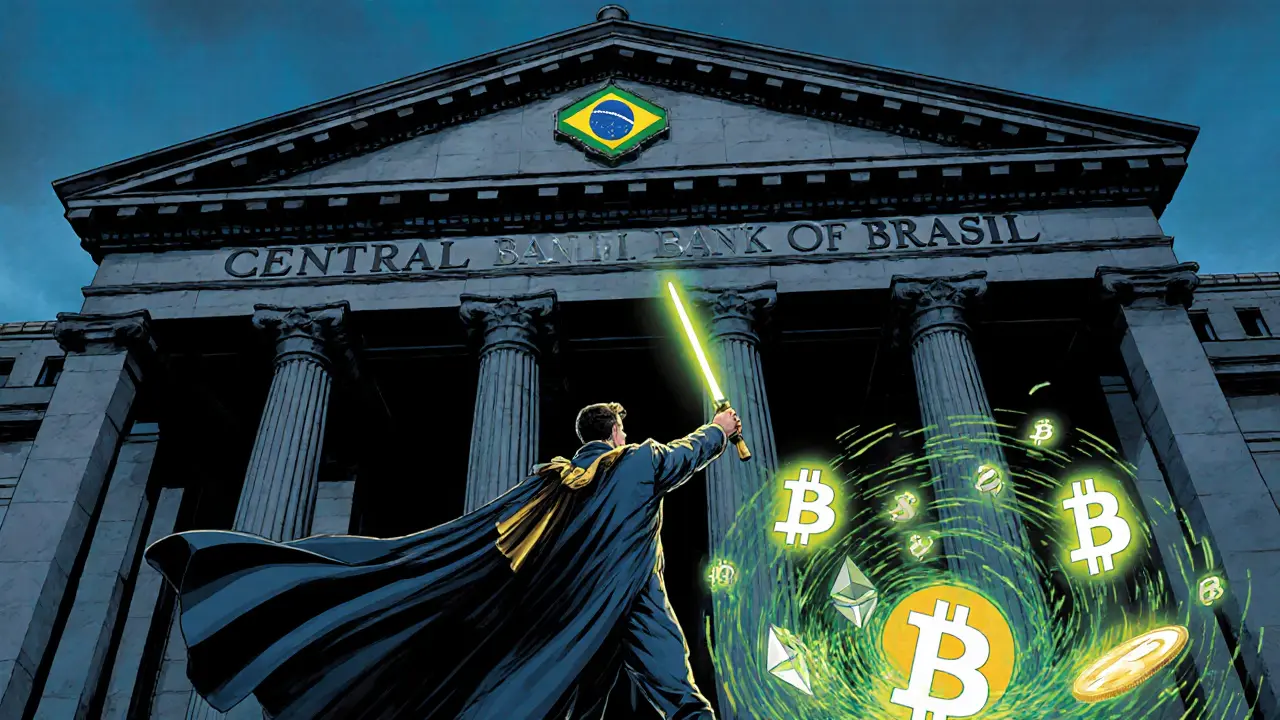How Brazil’s Central Bank Licenses Crypto Exchanges in 2025
A detailed guide on how Brazil's Central Bank licenses crypto exchanges, covering Law 14.478/2022, new forex rules, compliance steps, and practical impacts for businesses.
When working with Law 14.478/2022, the Brazilian statute that defines the legal framework for crypto assets and related services. Also known as Brazilian Crypto Law, it establishes mandatory KYC compliance, customer identification and anti‑money‑laundering procedures for exchanges, token issuers, and service providers.
This law creates a direct link between exchange compliance, the set of operational, reporting, and security standards that crypto platforms must follow and broader crypto regulation, the governmental oversight that governs token issuance, trading, and custodial services. In practice, the statute pushes firms to adopt robust KYC programs, which in turn lowers fraud risk and enhances investor confidence. At the same time, it opens the door for innovative uses of blockchain, such as blockchain voting, tamper‑proof election systems that can be audited publicly. The law therefore serves as both a compliance checklist and an enabler of new decentralized applications.
First, KYC compliance becomes a strategic advantage: firms that master identity verification can cut regulatory fines and attract risk‑averse users. Second, crypto regulation in Brazil now mandates reporting thresholds, AML monitoring, and licensing for exchanges—a framework that mirrors international standards while respecting local market dynamics. Third, exchange compliance covers security audits, capital requirements, and consumer protection rules that directly influence platform fees, token listings, and user experience. Finally, the law’s provisions enable blockchain voting to be legally recognized as a secure method for public decision‑making, which could reshape political and corporate governance.
All these entities interlock: the law mandates KYC, KYC fuels compliant exchanges, compliant exchanges generate reliable market data, and reliable data supports trustworthy blockchain voting. For anyone navigating Brazil’s crypto scene, understanding these relationships is essential before you pick a platform, launch a token, or explore voting solutions.
Below you’ll find a curated set of articles that break down each of these topics—real‑world exchange reviews, deep dives into KYC benefits, and case studies on blockchain voting pilots. Use this collection to see how Law 14.478/2022 plays out in practice and to spot the actionable steps you can take right now.

A detailed guide on how Brazil's Central Bank licenses crypto exchanges, covering Law 14.478/2022, new forex rules, compliance steps, and practical impacts for businesses.